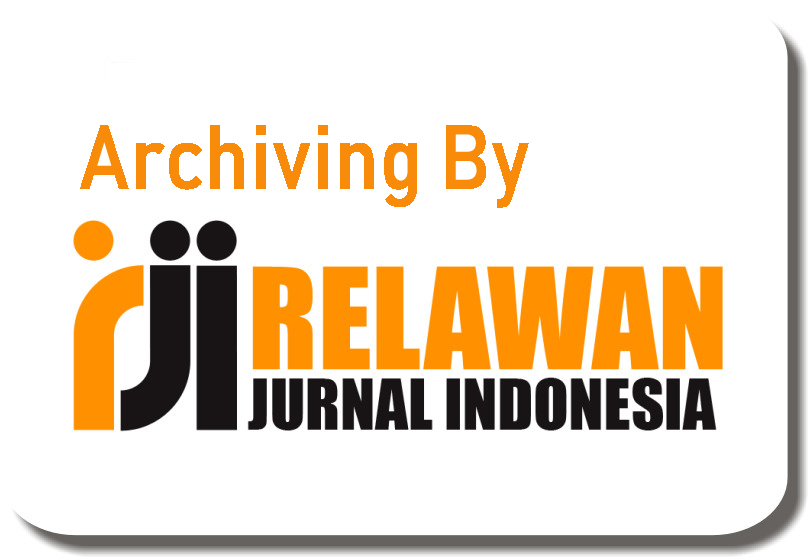Digital Literacy Management to Increase Students' Reading Interest and Soft Skills: Multisite Study at SMKN 1 Driyorejo and SMKN 1 Cerme Gresik
Abstract
This study aims to describe and analyze the management of digital literacy programs implemented at SMKN 1 Driyorejo and SMKN 1 Cerme as a strategy to increase students' reading interest and soft skills. This study uses a qualitative approach with a multi-site study design, through observation techniques, in-depth interviews, and documentation. The results of the study show that the digital literacy program in both schools is designed based on contextual needs and has been implemented through various strategies such as project-based learning, the use of digital platforms, and the development of multimedia teaching content. The main difference lies in the orientation approach: SMKN 1 Driyorejo emphasizes active student participation and digital collaboration, while SMKN 1 Cerme is more structured and oriented towards the development of standardized digital learning content. Evaluation is carried out formative and summative by utilizing digital instruments and students' reflections. The cross-case results show that flexibility, collaboration, and the use of technology are key factors in the success of empowerment-based digital literacy programs in vocational schools.
Keywords
Full Text:
PDFReferences
Badan Pusat Statistik Provinsi Jawa Timur. (2024). Kondisi Ketenagakerjaan Jawa Timur Februari 2024. BPS Provinsi Jawa Timur.
Judge, T., Campbell, T., & Robbins, S. (2017). Perilaku Organisasi. Pearson Deutschland. https://doi.org/doi
Kementerian Pendidikan dan Kebudayaan Republik Indonesia. (2016). Peraturan Menteri Pendidikan dan Kebudayaan Republik Indonesia Nomor 21 Tahun 2016 (Vol. 151, Edisi 2). Kementerian Pendidikan dan Kebudayaan.
Mahasneh, J. K., & Thabet, W. (2015). Meninjau Kembali Kurikulum Konstruksi: Analisis Deskriptif Penyebab Kesenjangan Keterampilan Lunak pada Lulusan Konstruksi. Prosiding Konferensi Internasional Tahunan ASC ke-51, 1989, 1–8.
Moleong, L. J. (2017). Metodologi Penelitian Kualitatif. Remaja Rosdakarya.
Mulyono, & Wekke, I. S. (2018). Strategi Pembelajaran di Era Digital. Dalam Paper Knowledge: Menuju Sejarah Media Dokumen (Ed. ke-1). Gawe Buku (Kelompok Penerbit CV. Adi Karya Mandiri).
Prayogi, R. D., & Aesthetics. (2020). Kecakapan Abad 21: Kompetensi Digital Calon Pendidik Masa Depan. Manajemen Pendidikan, 14(2), 144–151. https://doi.org/10.23917/jmp.v14i2.9486
Riyanto, Y., & Oktariyanda, T. A. (2023). Metode Penelitian Kualitatif dan Kuantitatif.
Sumar, W. T., & Razak, I. A. (2016). Strategi Pembelajaran dalam Implementasi Kurikulum Berbasis Keterampilan Lunak (XII). Deepublish (Kelompok Penerbit CV. Budi Utama).
Yakin, A. Al. (2019). Manajemen Kelas di Era Industri 4.0, 1(1), 11–15.
Yukl, G., Mahsud, R., Hassan, S., & Prussia, G. E. (2013). Pengukuran yang Disempurnakan terhadap Kepemimpinan Etis. Jurnal Kepemimpinan dan Studi Organisasi, 20(1), 38–48. https://doi.org/10.1177/1548051811429352
DOI: https://doi.org/10.31004/jele.v10i3.919
Refbacks
- There are currently no refbacks.
Copyright (c) 2025 Much. Hudha, Dewie Tri Wijayati W, Amrozi Khamidi, Mochamad Nursalim

This work is licensed under a Creative Commons Attribution-ShareAlike 4.0 International License.



